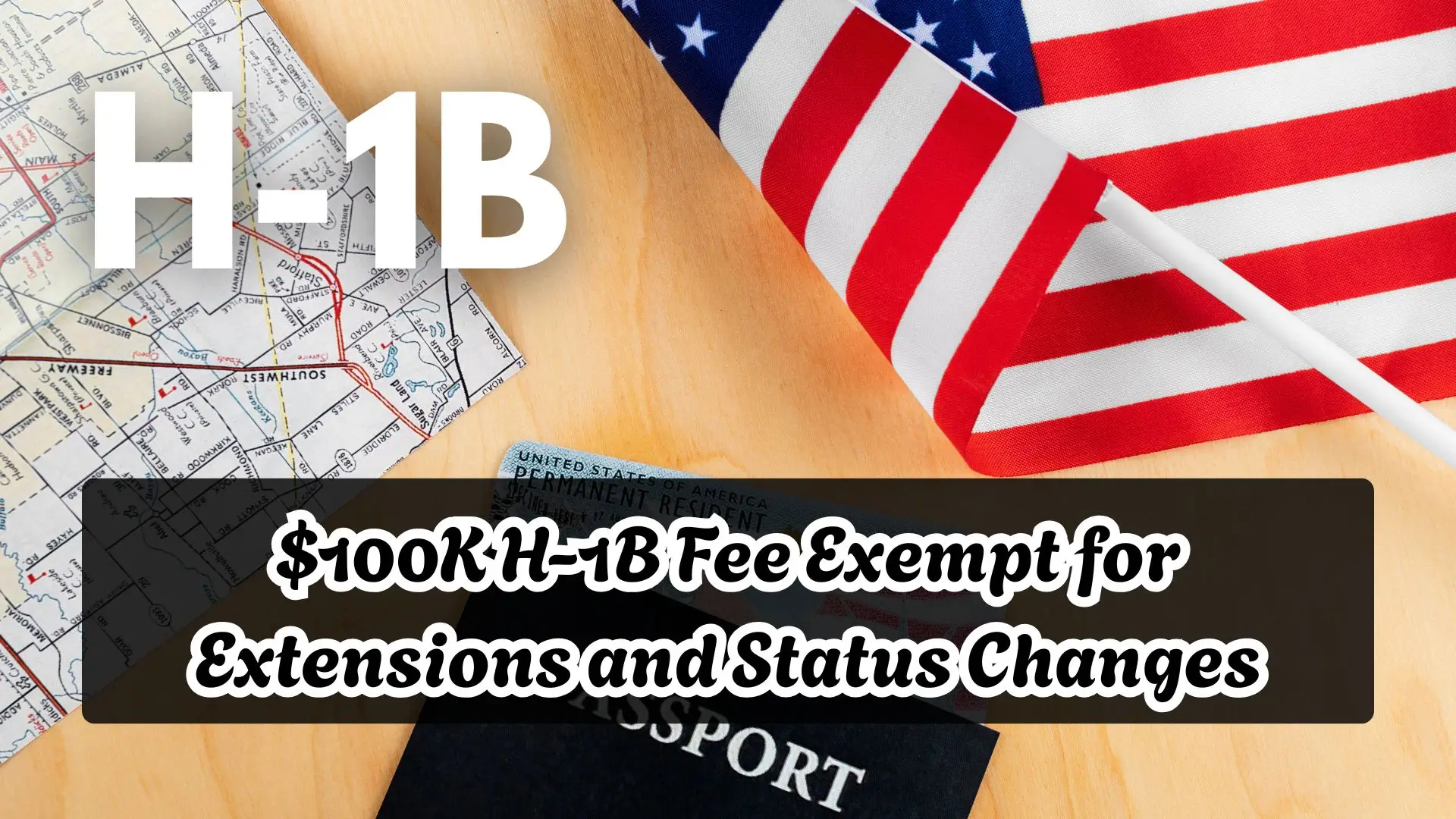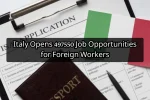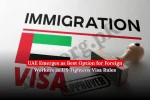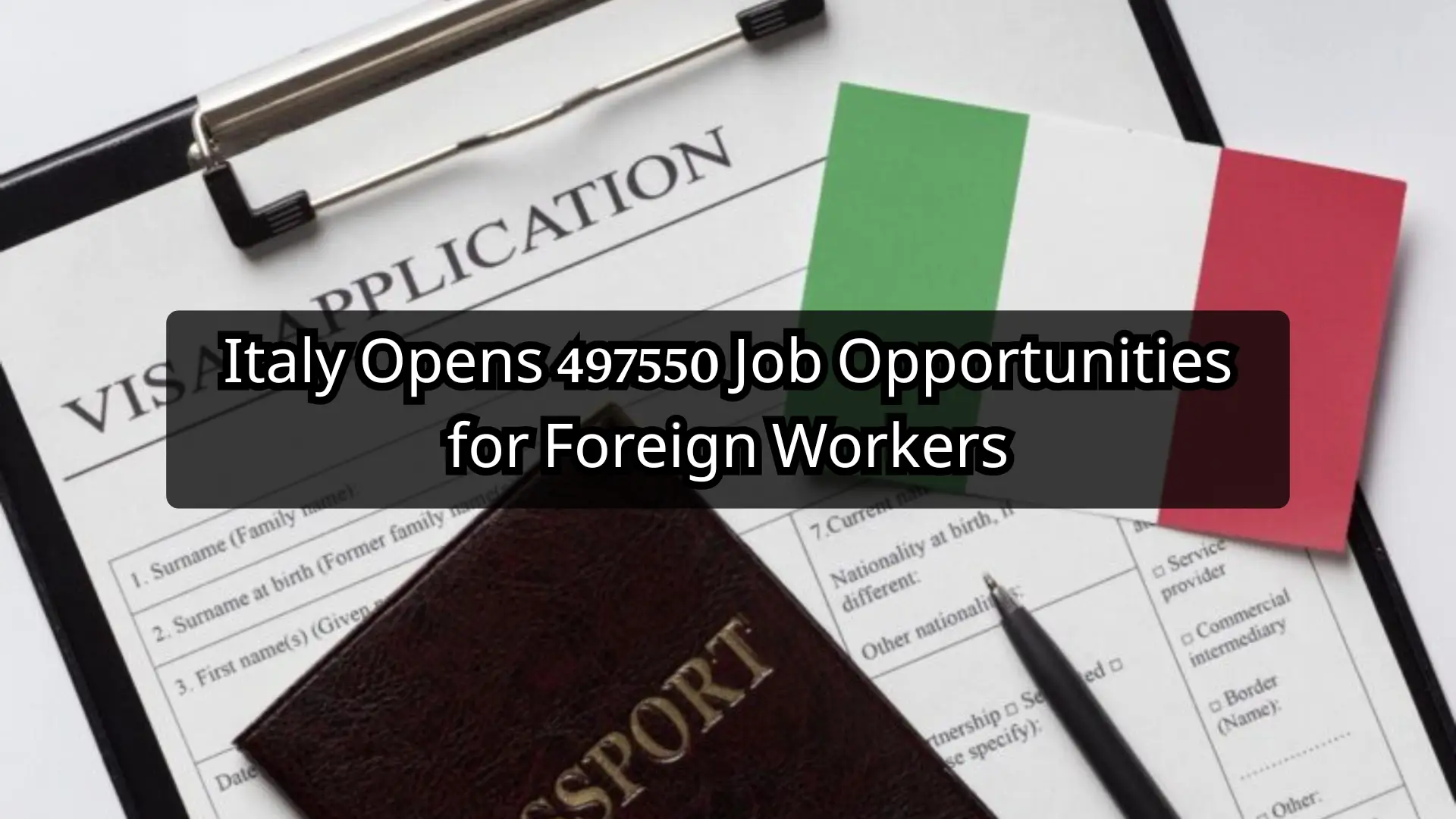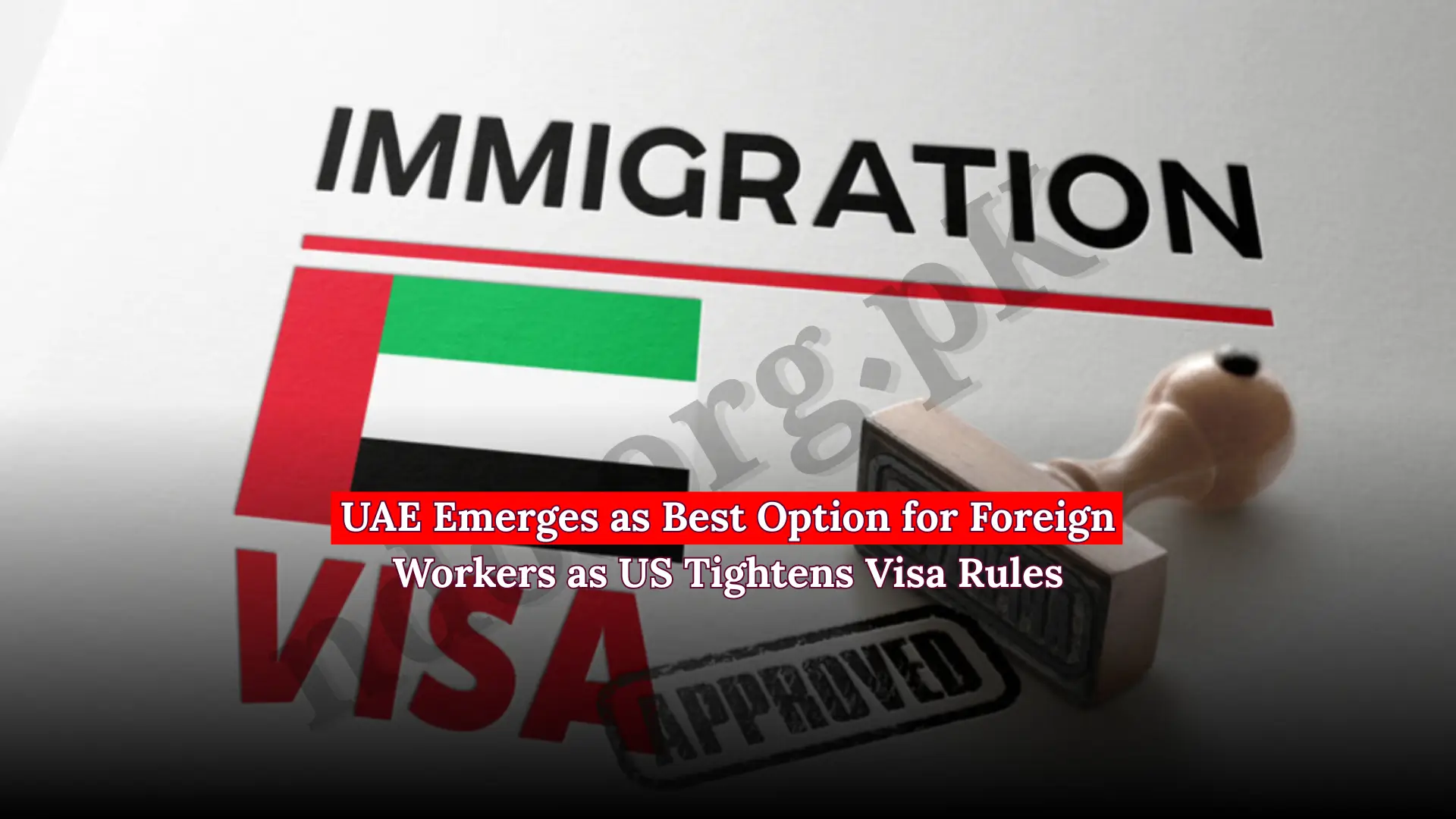USCIS: $100K H-1B Fee Exempt for Extensions and Status Changes. In a major clarification, the U.S. Citizenship and Immigration Services (USCIS) announced that the $100,000 fee on new H-1B visa petitions will not apply to individuals who are changing their visa status or extending their current H-1B stay.
This clarification brings relief to thousands of foreign professionals, particularly Indians, who form the largest group of H-1B visa holders in the United States.
What Is the $100K H-1B Visa Fee?
The fee was introduced under the Trump administration’s proclamation titled “Restriction on Entry of Certain Nonimmigrant Workers”, issued on September 19, 2025.
Under this order, the cost of obtaining a new H-1B visa skyrocketed to USD 100,000 (approx. INR 88 lakh) per application — a massive jump intended to discourage new foreign worker entries.
However, USCIS has now made it clear that this rule does not apply to everyone.
USCIS Clarifies: Exemption Applies to Status Changes and Extensions
According to the new USCIS guidelines (released October 21, 2025):
- The $100,000 fee will only apply to new petitions filed for applicants outside the United States.
- It does not apply to cases involving:
- Change of status (e.g., from F-1 student to H-1B employee)
- Extension of stay (for those already holding H-1B status)
- Amendment petitions for workers currently inside the U.S.
USCIS Statement
“The proclamation does not apply to any previously issued and currently valid H-1B visas, or any petitions submitted prior to 12:01 a.m. eastern daylight time on September 21, 2025.”
This means that employees and employers already part of the H-1B program do not need to pay the new $100K fee when extending or modifying their visa status.
Key Points of the USCIS Guidelines
| Category | Applicability of $100K Fee |
|---|---|
| New H-1B Petitions (Outside U.S.) | Yes, Fee Applies |
| H-1B Extensions (Inside U.S.) | Exempt |
| Change of Status (e.g., F-1 to H-1B) | Exempt |
| Amendment Petitions (Existing Holders) | Exempt |
| Previously Issued H-1B Visas | Not Affected |
Expert Opinions on the Clarification
Immigration attorney Dan Berger from Green & Spiegel told Forbes:
“It says the fee only applies to cases filed for people outside the United States, so they can come in. Employers were nervous about doing change of status because the $100K might apply if they travel.”
This clarification reassures employers that status changes and extensions within the U.S. will not trigger the new fee, even if the employee later travels internationally and re-enters using the same approved petition.
What Happens if USCIS Declares You Ineligible
According to the updated guidance:
If USCIS determines a person is ineligible for a change of status, amendment, or extension, the $100K fee may then apply when they apply for a new visa from abroad.
However, if an individual’s petition is approved while inside the U.S., and they later travel and return using a valid H-1B visa, they remain exempt from the payment.
Impact on Indian Professionals
This announcement is especially important for Indian professionals, who make up around 71% of all approved H-1B visa applications in recent years.
Most of these workers are employed in the IT, healthcare, finance, and research sectors, and many of them frequently extend or amend their visas to continue their employment in the U.S.
Why It Matters for India
- India sends the largest number of skilled H-1B workers annually.
- The exemption prevents financial strain on both employers and employees.
- It ensures continuity for existing H-1B holders working legally in the U.S.
H-1B Visa Fee Rule Summary
Here’s a breakdown of how the rule currently applies:
| Type of Applicant | Inside U.S. or Abroad | Fee Required | Remarks |
|---|---|---|---|
| New H-1B applicant (outside U.S.) | Abroad | $100,000 | Must pay under the proclamation |
| H-1B status extension | Inside U.S. | No | Exempt from new fee |
| Change of visa category (F-1 → H-1B) | Inside U.S. | No | Exempt |
| Amendment for job change | Inside U.S. | No | Exempt |
| Travel abroad and re-enter with valid visa | Abroad (temporarily) | No | Exempt if approved petition exists |
Legal Challenges and Lawsuit Against the Fee
The U.S. Chamber of Commerce, along with other trade groups, has filed a lawsuit challenging the Trump administration’s proclamation.
The lawsuit, filed on October 16, 2025, in the District Court of Columbia, argues that the new policy:
- Exceeds presidential authority under immigration law.
- Represents a misguided and unlawful policy that could hurt U.S. innovation.
- Places unfair financial burdens on American employers and tech companies.
The Chamber’s statement read:
“This decision could cripple American innovation and competitiveness by making it harder for companies to hire global talent.”
H-1B Visa Program Overview
The H-1B visa is a non-immigrant work visa that allows U.S. companies to employ foreign professionals in specialized fields such as:
- IT and software engineering
- Healthcare and medicine
- Finance and accounting
- Scientific research
- Education and technology
Annual Quota
Under current U.S. law, only 65,000 H-1B visas are issued each year, with an additional 20,000 reserved for applicants holding a U.S. master’s or higher degree.
Because demand far exceeds supply, the H-1B program operates through a lottery system.
Broader Implications
The exemption helps avoid chaos in the immigration system and protects the continuity of skilled labor already contributing to the U.S. economy.
It also ensures that companies can retain experienced foreign employees without paying excessive costs.
For global workers — especially Indians already living in the U.S. — this policy update provides clarity, security, and stability.
Conclusion
The USCIS clarification ensures that the $100K H-1B fee applies only to new visa petitions for applicants outside the United States. If you are already in the U.S. and simply changing your visa status or extending your stay, you are exempt from paying the new fee.

